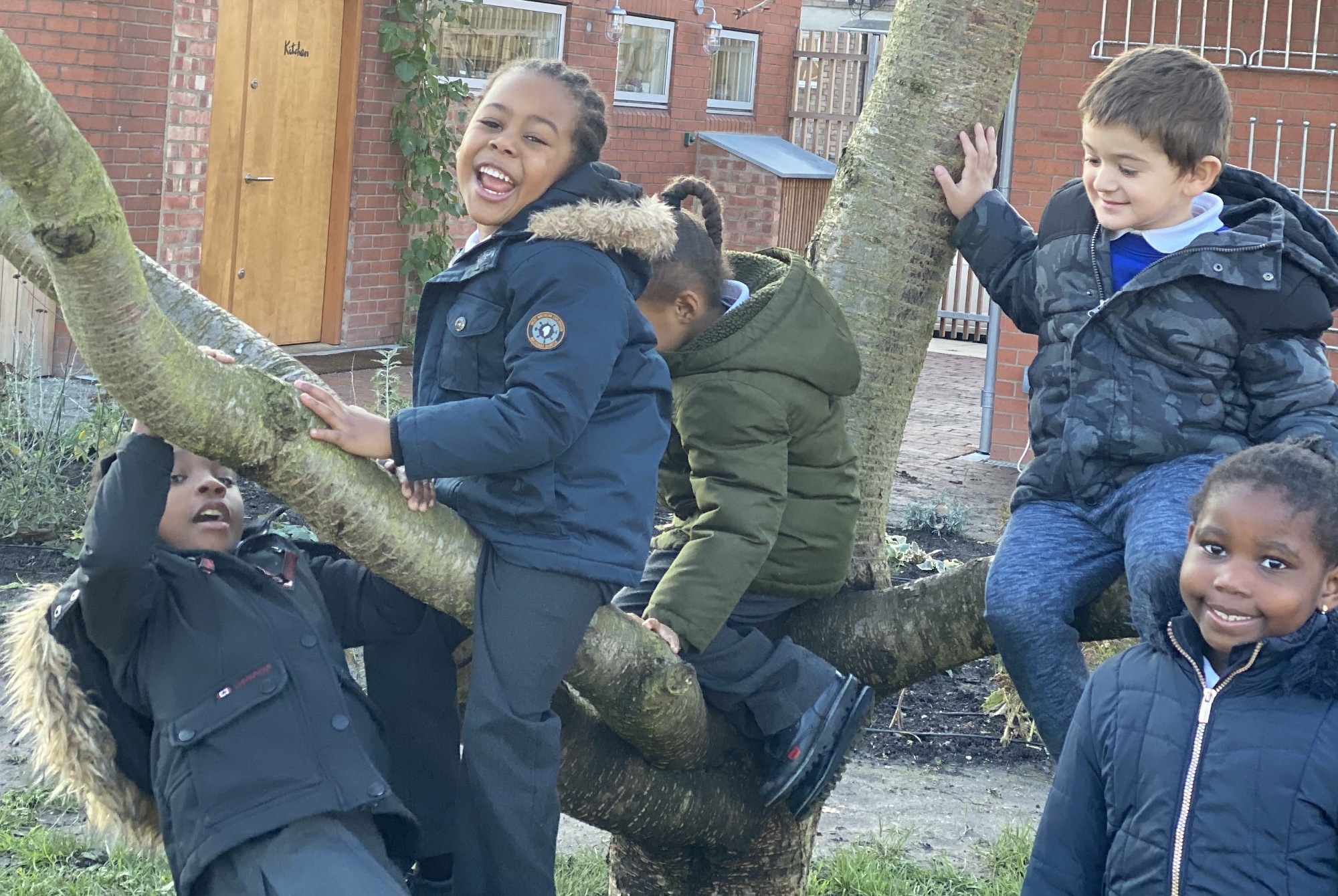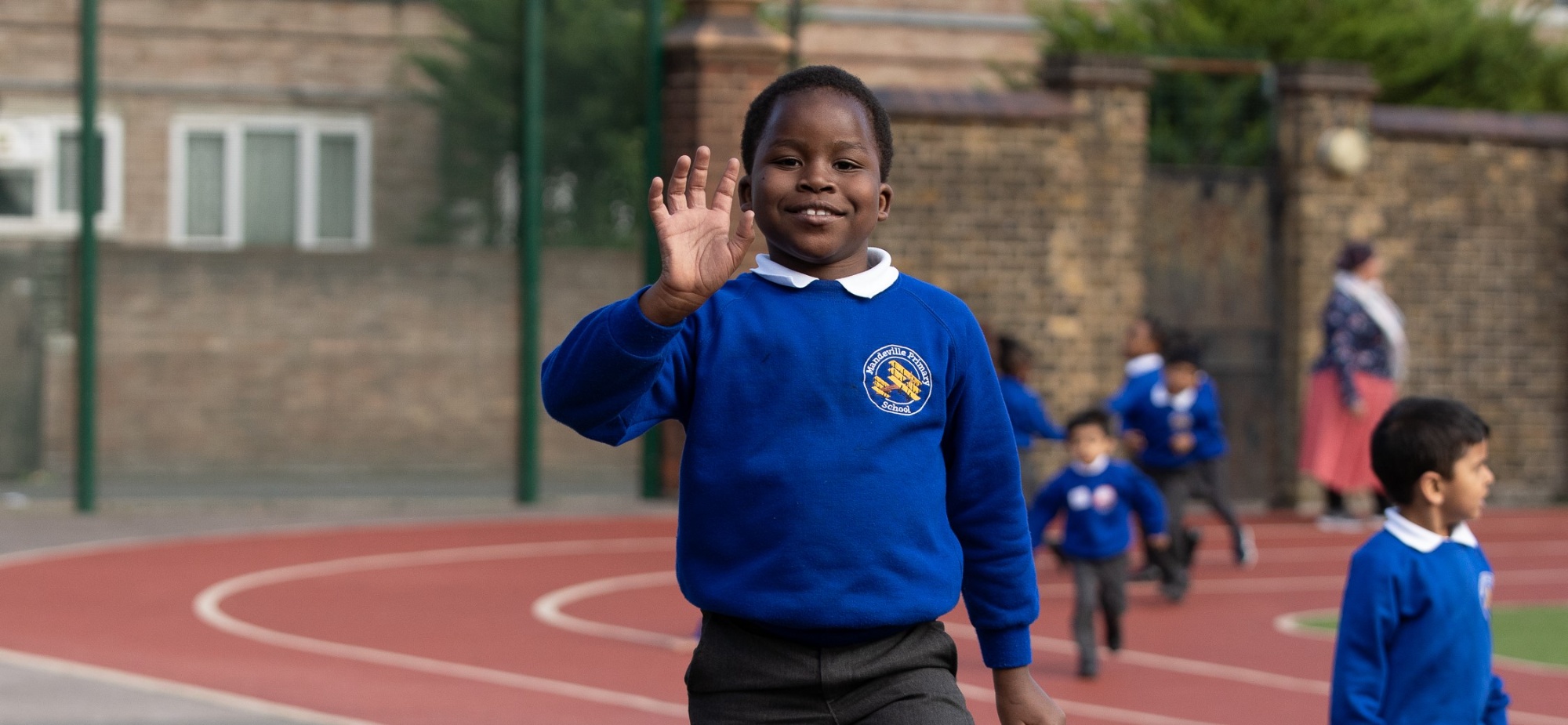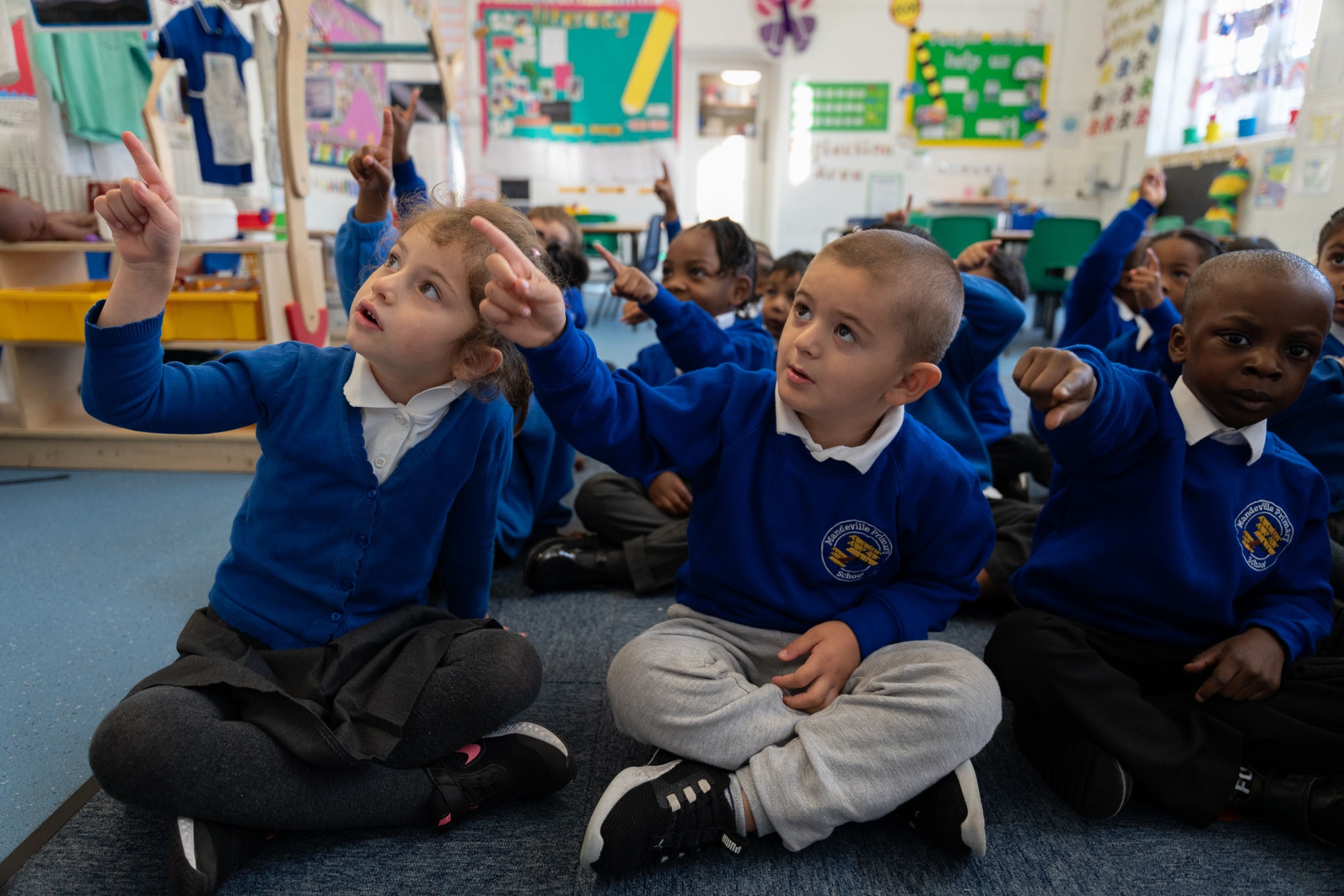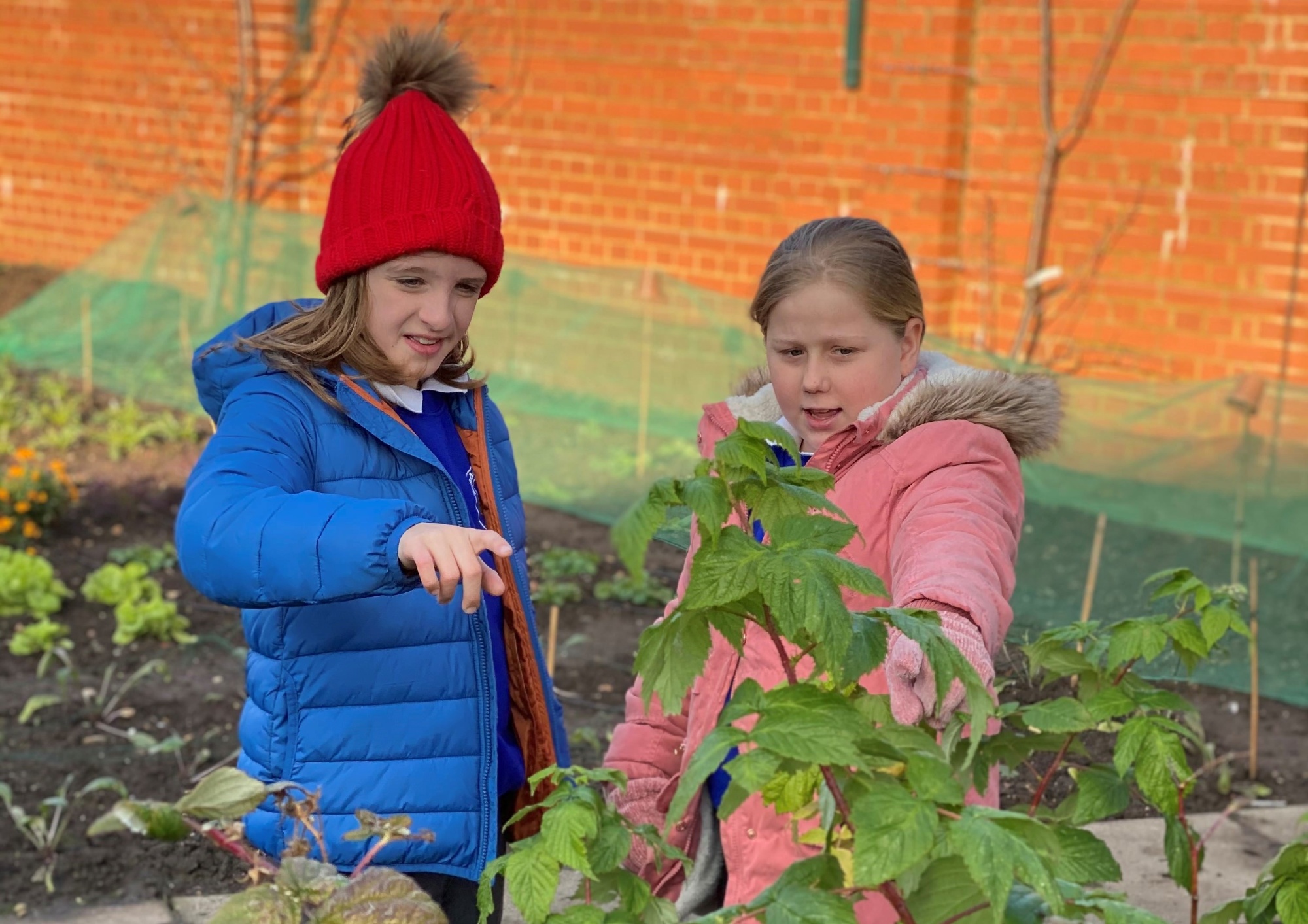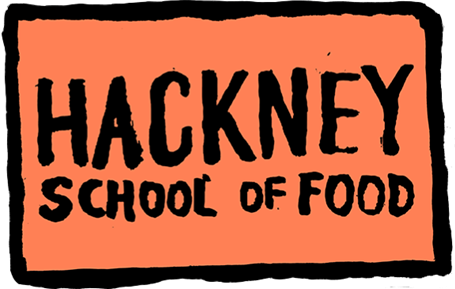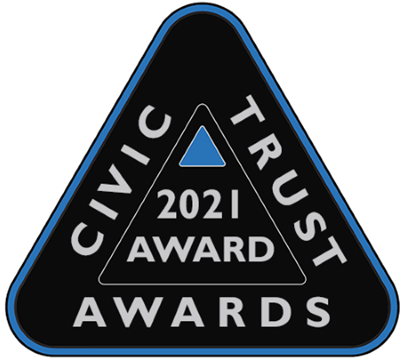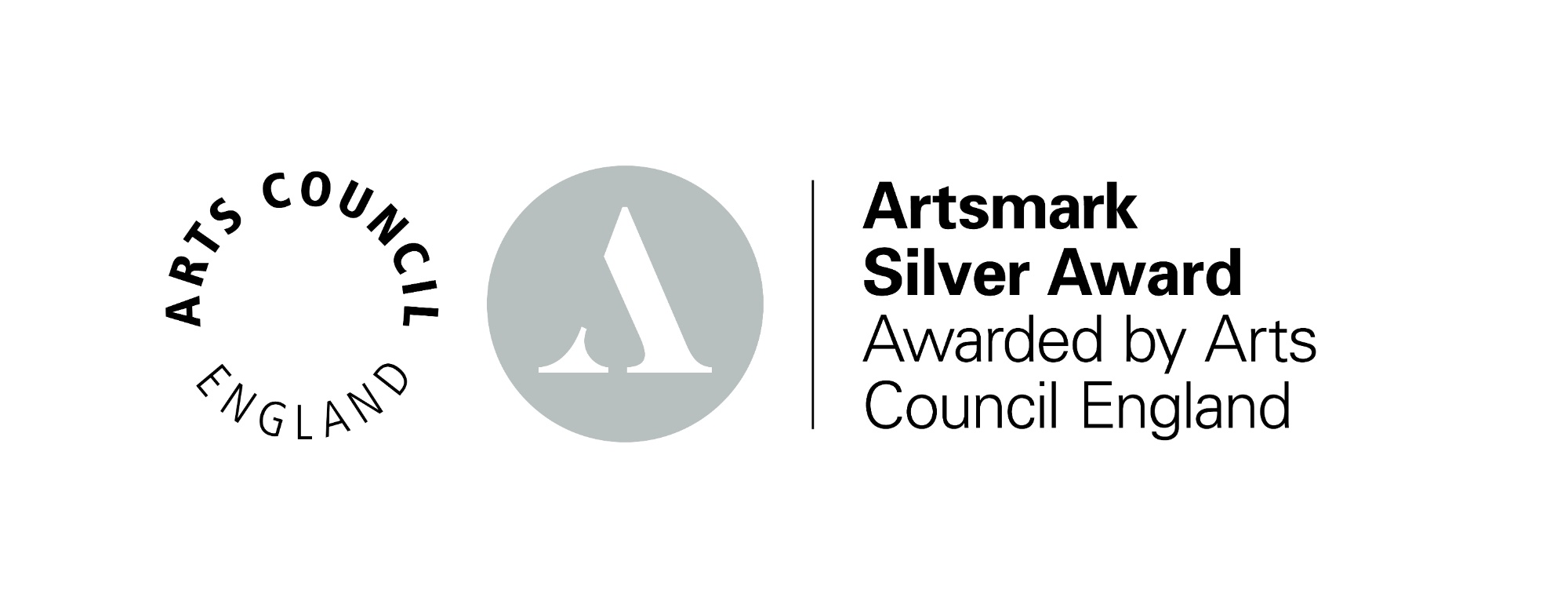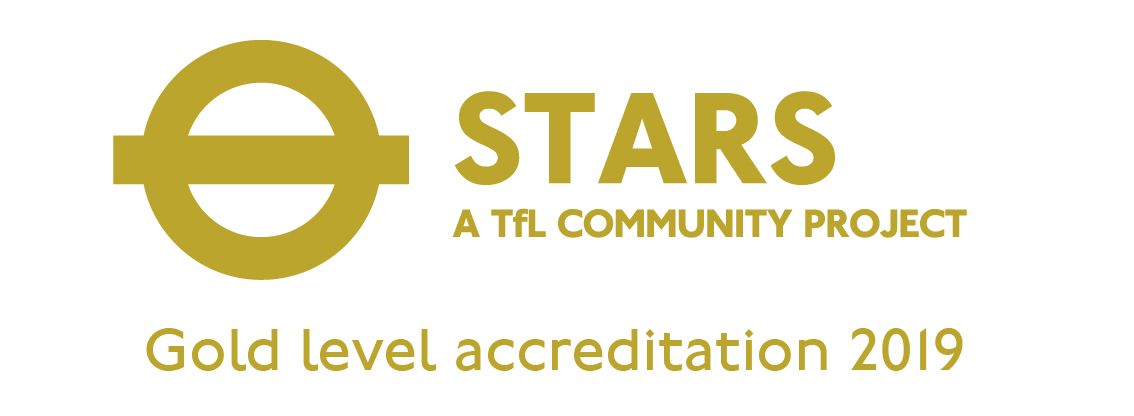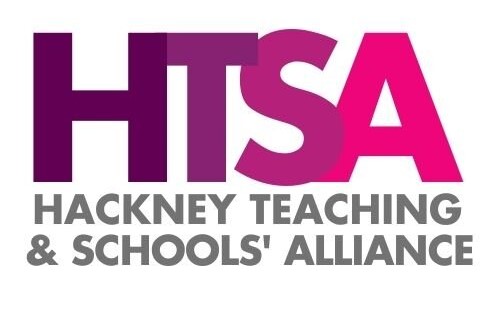Keeping your child safe
‘Safeguarding is everyone’s responsibility, every day’.
Our first priority is to keep your child safe and healthy. Under the new OFSTED framework safeguarding is a key indicator of what constitutes a good school. Keeping your child safe means:
- Monitoring the health and safety of all children
- Making sure that the adults who work here have undergone safety and security checks
- Protecting children from deliberate harm
- Being an anti-bullying school
- Being proactive against racist behaviour
- Being proactive against attempts to indoctrinate children into any form of extreme ideology
- Protecting our children from harassment and discrimination
- A positive approach to behaviour management including the use of physical intervention safely, when necessary
- Meeting the needs of children with medical conditions
- Providing first aid
- Protecting children from drug and substance abuse
- Children enjoying safe educational visits
- Caring for children’s personal needs
- Keeping children safe when using the internet and making sure they are aware of cyber bullying.
- Making sure our school is secure and safe
- Being a ‘listening school’.
- Ensuring they know who to go in school if they have a problem
Child Protection
All staff receive appropriate training in Safeguarding and Child Protection to ensure that they are aware of the school’s procedures for child protection and their responsibilities. We have a written policy and procedures for Child Protection complying with Local Authority guidance. Natalie Richards leads the safeguarding team and the Designated Teachers for Safeguarding are Louise Nichols (Executive Headteacher), Marc Thompson (Headteacher), Kaltum Yusuf (Deputy Head ) & Natalie Richards ( Inclusion Manager). The designated governor for Child Protection is Gillian Brady.
Recording and Reporting Racist Incidents
Under the Race Relations (Amendment) Act 2000 and Home Office Code of Practice on reporting and recording racist incidents (2000) schools are required to record and investigate all racist incidents and to report them to the Local Authority on a regular basis. The definition of a racist incident, as recommended in the Stephen Lawrence Inquiry Report 1999: ‘A racist incident is any incident which is perceived to be racist by the victim or any other person'.
Preventing Radicalisation and Extremism
In line with the DfE's Prevent Duty advice (June 2015) we are committed to actively promoting the fundamental British values of Democracy, the Rule of Law, Individual Liberty and Mutual Respect and Tolerance of those with different Faiths and Beliefs. Our core mission of diversity permeates all we do. We place a strong emphasis on the common values that all communities share such as self-respect, tolerance and the sanctity of life. We work hard to broaden our students' experience, to prepare them for life and work in contemporary Britain. We teach them to respect and value the diversity around them as well as understanding how to make safe, well-considered decisions. We recognise that we have a responsibility to protect children from all forms of extremism and this forms an integral part of our Safeguarding Policy. This includes the use of internet filtering systems in school, to ensure children are safe from terrorist and extremist material when using the internet. If you have any concerns regarding radicalisation and extremism please contact one of our Safeguarding Officers (Louise Nichols, Marc Thompson, Natalie Richards and Kaltum Yusuf) at the school.
Collecting your child during the school day
Please try and make appointments out of school hours if possible. If you have to collect your child during the school day for a medical or dental appointment, please provide an appointment card and let the office staff know.
If your child is ill
If your child has time off school for any reason, we need to know why. Our absence line is open from 8am and we have a policy of contacting parents /carers if we haven’t received a message by 10am. If your child has a temperature or a more serious illness they may be too unwell to come into school. However, children who have a cough or cold can come to school. If we have no reason for absence, we will have to record the absence as unauthorised. If your child is absent for more than 3 days medical evidence will need to be provided.
If your child becomes ill during the day they will be monitored and we will telephone you if we feel it is necessary to do so. Any cuts and grazes resulting from normal play in the playground will be dealt with by our first aid trained staff. Any bumps on the head will be reported to the child’s teacher and parents/carers will also be notified. We ensure that several members of staff have First Aid certificates and are fully qualified First Aiders.
Medicines
If a child is receiving on-going medication, parents are allowed to come into school by prior arrangement to administer this. Medication cannot be administered by school staff without prior agreement: please visit the school office to discuss this. Medicine and tablets must never be given to a child to be brought into school. Children with more complex or on-going medical needs will have a Health Care Plan written by our School Nurse - these need to be signed by parents/carers and relevant school staff. Please advise the school if there are any changes to your child’s health which the school should know about.
Health Checks
Shortly after starting school our Reception children will see the School Nurse for a health check and parents/carers have the opportunity to discuss any worries that they may have with her. If parents/.carers or teachers have any concerns, they can request a an appointment to see the School Nurse. Health checks are carried out at various points during your child’s education.
Jewellery
For the sake of safety we request that jewellery should not be worn to school, with the exception of small stud earrings and watches which may be worn at the owner’s risk. The Local Authority regulations state that all jewellery must be removed for P.E.
Fire Drill
Our fire bells are tested regularly and a fire drill is held each term to ensure the swift evacuation of the building. If you are visiting in school and the alarm sounds, please leave by the nearest exit and meet in the Fire Assembly point in the KS2 playground.
Fire Safety
We regularly welcome representatives from the local Fire Brigade who come to talk to the children about Fire Safety
Road Safety
As part of our Travel Plan we have set a target to continue to increase the number of children walking and cycling to school. We ask parents / carers to support us and ease traffic congestion by walking your child to school, or by encouraging them to scoot or cycle; this provides an ideal opportunity to teach your child about road safety and traffic awareness. There is a bike shed for bicycles to be kept in and an additional shed for scooters to be kept in. Zig-Zag lines are in force around the school so, if you do travel by car, please park well away from the school entrance for the sake of the safety of our pupils. Road Safety Officers visit the school on an annual basis to ensure that all children are aware of how to stay safe as pedestrians. As part of the Level 2 cycle training children in year 5 and 6 are taught how to cycle safely on quiet roads and about road safety awareness. Each year we appoint a team of Junior Road Safety Officers who support us in educating the school community about road safety.
Safety in the playground
Before and after school
Parents/carers are responsible for children in the playground before the bell rings unless the child attended breakfast club and then the breakfast club staff are responsible for them. Please do not allow your children to ride bikes or scooters once in the playground at the beginning or end of the school day. Dogs are not allowed onto the school premises.
During school hours
We have very clear rules about behaviour and use of play equipment in the playground. Supervising adults are outside with the children every playtime and lunch time and additionally Playground Friends are present in the playgrounds to help ensure that playtimes are a happy time for all pupils.
No Smoking Area
Our school building and grounds are a designated No Smoking area so we ask for your co-operation in extinguishing cigarettes before entering the site.
Security
The school was built or has been adapted with security of pupils and staff in mind including:
- perimeter walls, fencing and gates
- fenced nursery playground for our youngest pupils
- a sophisticated intruder alarm
- a modern effective fire alarm system
- door entry system with electronic signing in procedure for all visitors and staff
- all staff wear ID badges at all times
Although we want to have an open door policy we must balance this against the safety of pupils and staff and we request that parents / carers respect this.
Visiting the school
Any visitors to the school must sign in and out as a visitor and wear their badge at all times. Our staff are trained to challenge anyone not following this practice, so we apologise in advance.
Gate Duty
At the beginning and end of each day there is always at least one member of staff at the school gates to make sure that children stay safely inside the school playground once they have been dropped off by parents in the morning and do not leave without an accompanying adult at the end of the day (unless they are Year 5 and 6 pupils with permission to go home unaccompanied).
Drug Misuse, Sex and Relationship Education
As part of the national curriculum children cover age appropriate sex and relationship education. All parents/carers receive a letter before the subject is covered explaining the topic and how they are taught. We ask parents/carers to make an appointment to speak to a member of the Senior Leadership Team if they have any questions about this.
Years 5 and 6 also cover drug misuse through various outside agency input (e.g. Young Hackney or the Police)
Police/Community Officers
We have good relationships with our local Police and community officers who attend some school events and are invited in to different classes to talk about a variety of topics.
Swimming
Children in year 4 & 5 receive swimming lessons at some point during the school year. They are accompanied by two members of staff who remain poolside during the lesson and closely supervise the children in the changing rooms. The children are taught to swim by fully trained instructors. These sessions form part of the children's statutory PE entitlement.
Risk Assessments and School Trips
All school trips involve the undertaking of a risk assessment and children in EYFS and KS1 wear high visibility vests clearly identifying them as Mandeville Primary School pupils, on all educational trips.
Bullying
It is the responsibility of the whole school to ensure that school is a bullying free zone. We are proactive in promoting a caring and positive ethos between all members of the school community. We have an anti-bullying policy with very clear procedures in place in the event of an incident involving bullying. We have regular PSHE sessions, Circle Times and assemblies which cover social and emotional aspects of learning. Every year we hold an anti-bullying week and involve the children in anti-bullying questionnaires and competitions.
Learning Mentors
Our learning mentors work with individual children and small groups to help resolve friendship issues and also run Managing Emotions, Social Skills and Circle of Friends groups for children who need additional support in these areas.
E-Safety
E-Safety is taught as an integral part of the Computing Curriculum throughout a child's time at Mandeville. To maintain safe internet use in school we have clear rules for responsible use, which are covered with the children and are displayed in classrooms and the E-Learning Zone.
We have filtering systems in place to prevent children at school accessing websites considered to be unsafe or inappropriate, and encourage parents and carers to recognise the importance of being aware of the online material and websites that their children are accessing at home.
We have a team of Designated Safeguarding Leads who receive regular external training and updates regarding keeping children safe online. All staff receive regular safeguarding training which includes information about e-safety and cyberbullying
Further information on how to help support e-safety at home is available for parents and carers by going to the E-Safety Advice for Parents & Carers page in the Parents & Carers section of this website, or by clicking here.

